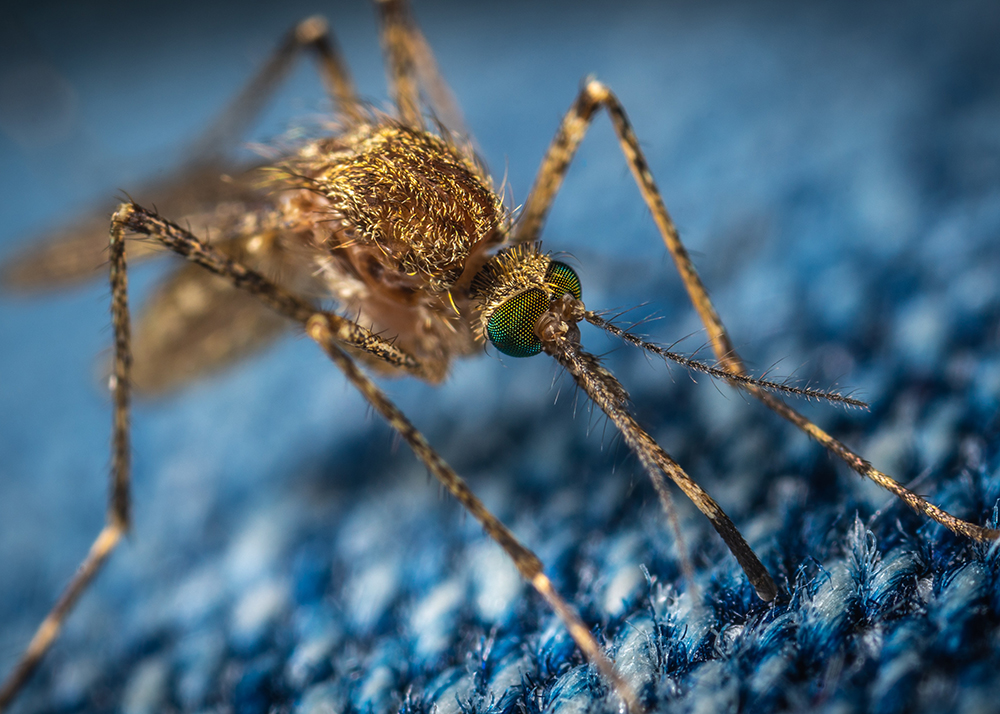“The first open-air study of genetically engineered mosquitoes in the United States” was a success, and the mosquitoes “behaved as planned,” according to Nature. The trial indicates a new means for controlling the so-called yellow-fever mosquito, an invasive species and a dangerous pest that carries disease.
As Good Day BIO reports, UK biotech company Oxitec genetically engineered male Aedes aegypti mosquitoes to carry a gene lethal to female offspring, thereby limiting reproduction capacity. The company released nearly 5 million of them in the Florida Keys last year.
The Aedes aegypti mosquito can carry diseases, including chikungunya, dengue, Zika, and yellow fever, and is responsible for virtually all mosquito-borne diseases transmitted to humans in the Florida Keys, a fact sheet from the Florida Keys Mosquito Control District explains.
The results were what researchers hoped for: “[M]ales that hatched from the eggs typically travelled within a one-hectare area around the release box—the same range over which wild A. aegypti fly. The engineered mosquitoes, which don’t bite, mated with the wild population,” says Nature.
“[A]ll females that inherited the lethal gene died before reaching adulthood,” according to Nature. “Furthermore, the team found that the lethal gene persisted in the wild population for two to three months, or about three generations of mosquito offspring, and then disappeared.”
Genetically engineered mosquito shows promise
The results are promising, though more research is needed to see if they can suppress the wild population, according to Good Day BIO. Oxitec is planning additional trials in Florida and California.
“Dengue has increased 30-fold over the past half century, driven by warming climates and the resulting increase in mosquito populations. Biotech can help us solve these issues in innovative ways—if animal biotech regulations keep up with the science,” says Good Day BIO.




